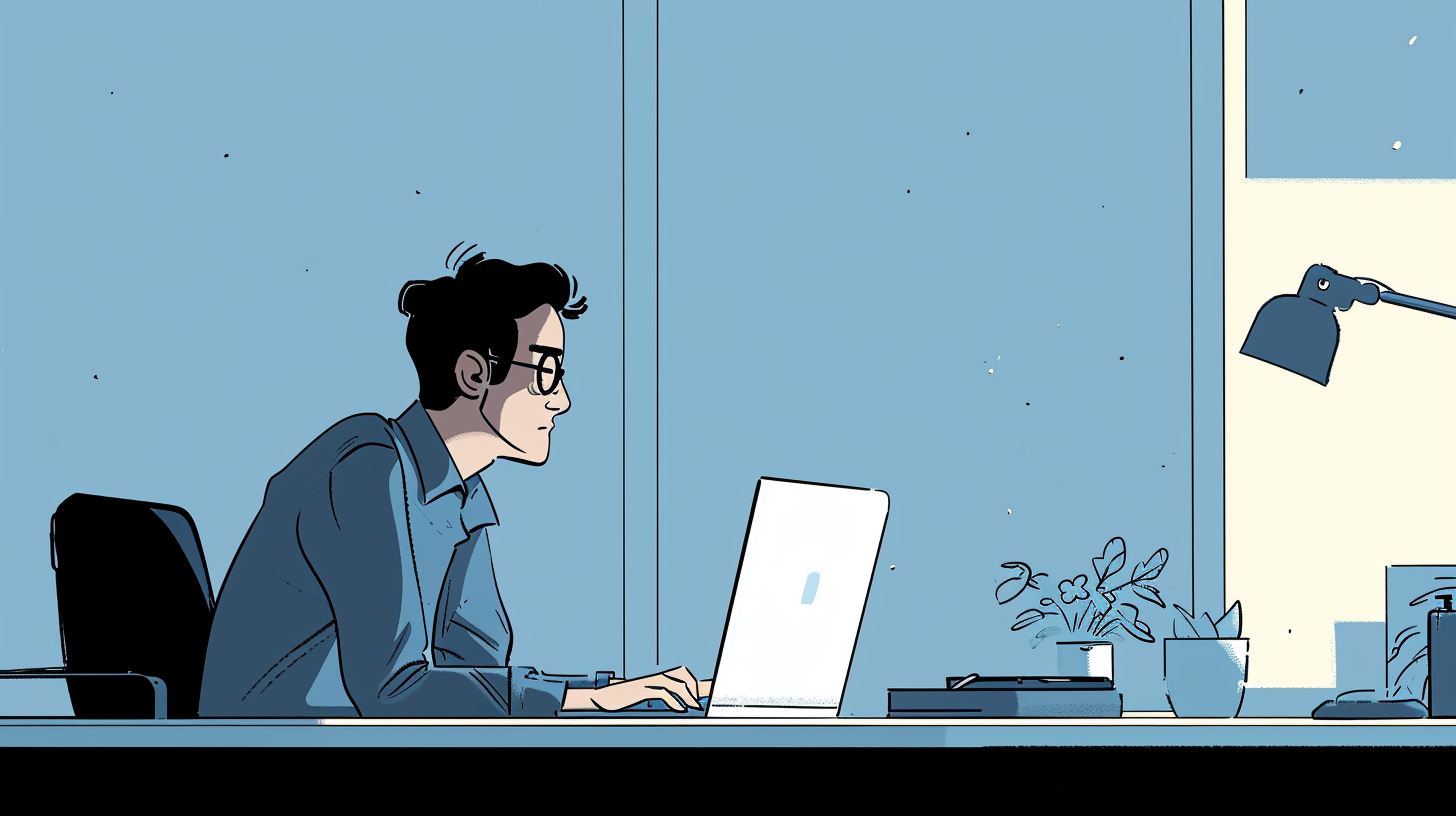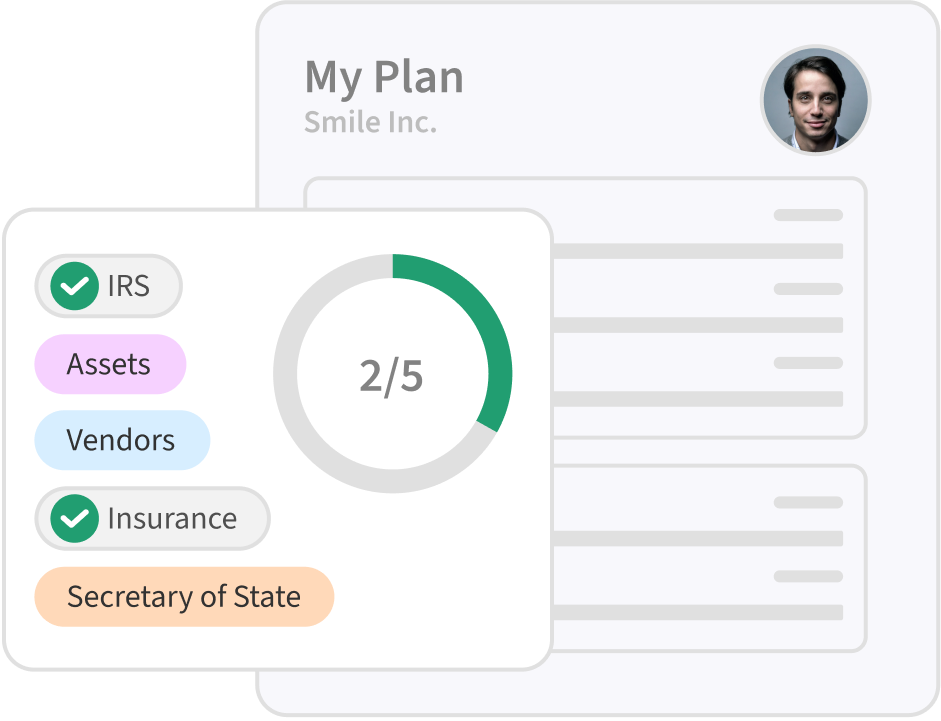5. Jawbone
Jawbone – a wireless tech company – entered the market with high-tech Bluetooth headsets and speakers, gaining further traction after the launch of its ambitious UP3 fitness tracker band. The hype was real, and with the help of Silicon Valley VCs, the company managed a peak valuation of $3 billion.
Yet, despite the strong start, Jawbone faced intense competition from companies like Fitbit and Apple straight from the get-go. The company’s situation gradually deteriorated, and although there were many reasons for its downfall, the three standout ones included:
Product issues: The fitness tracker had limited functionality and a higher price tag than its competitors.
Customer service complaints: The company failed to incorporate and respond to customer feedback.
Legal battles over patents: It engaged in legal battles against its competitors, even losing some of them.
Jawbone liquidated its assets in 2017.
4. Better Place
Better Place started as an electric vehicle (EV) manufacturer and supplier to reduce harmful emissions by creating globally sustainable transportation. The core idea was to market and sell electric cars and place a network of battery swapping and charging spots. It raised $850 million in funding and even formed partnerships with governments and renowned French automaker Renault.
However, it didn’t take long for things to go south. Firstly, the infrastructure needed to set up and maintain battery swapping stations was incredibly expensive. Then, customers hesitated to buy their products because the technology was new (and relatively untested), and the choice of cars was limited.
Add to that competitors who leveraged better tech and offered EVs with faster charging times and longer traveling capabilities. Finally, mounting losses and failing to secure more financing led Better Place to file for bankruptcy in 2013.
3. WeWork
Founded by Adam Neumann, WeWork aimed to revolutionize the traditional office environment by offering shared workspaces. In May 2020, the company was valued at a colossal $47 billion, making it the biggest failed startup in recent times.
WeWork failed for a couple of reasons, some of which include:
Overly aggressive growth: By signing long-term leases at high rates, WeWork sought to purchase prime locations worldwide. The idea was quickly capturing the market and meeting the cost by securing short-term tenants. But this strategy soon proved ineffective because of the economic downturn.
Erratic leadership and conflict of interests: Although Neumann was charismatic, his extravagant spending, lavish lifestyle, and self-serving practices, e.g., leasing personal properties to WeWork, greatly diminished investor confidence and led to his removal as company CEO.
Failed IPO: WeWork’s financial conditions came to light as it filed for IPO back in 2019. Once investors saw the growing governance issues, unsustainable business models, and an unclear path to profitability, things started to get from bad to worse.
A single WeWork stock was worth $520 two years ago. Today, it’s around $0.40.
2. Quibi
Hollywood vet Jeffrey Katzenberg and former HP CEO Meg Whitman teamed up to form Quibi, a startup that sought to redefine video streaming with short-form content designed specifically for mobile.
Other than its founder, it had other big names attached to it, including top Hollywood talent and significant funding. Unfortunately, none of that translated to any form of tangible success as the company struggled to find an audience.
Although some may chalk down the failure to bad luck (the company launched during the pandemic), in hindsight, much of the downward spiral can be attributed to poor decision-making.
For example, they charged $5 for a monthly subscription (and $8 for an ad-free experience), but the choice of shows was mediocre at best. After all, TikTok and YouTube offered higher quality content free of cost, so why would people switch to Quibi?
That’s not all; according to the Wall Street Journal, the two company heads would spend considerable time disagreeing, with Whitman threatening to quit at one point.
There are a few more reasons why Quibi failed, but in a nutshell, not understanding the target audience (and the top brass not getting along) was the main reason behind the company’s downfall.
1. Theranos
A $9 billion juggernaut at its peak, Theranos was on its way to revolutionize healthcare via its flagship product, Edison. The finger-pricking device could conduct a wide range of blood tests and require just a few drops of blood. The process was simple, quick, and convenient.
However, as history would have it, Theranos’ claims proved inaccurate and misleading, and the whole thing turned out to be an elaborate, years-long scam in the making. Once the truth came to light, company founder Elizabeth Holmes was tried and found guilty, now serving a little less than ten years in prison.
Unlike the other entries on this list, Theranos’ fall wasn’t attributed to poor company management or insurmountable external factors. It was a downright fraud, sustained through misleading narratives and limiting employees’ speech, both internally and in public.
Due to the amount of money involved and the subsequent impact on the healthcare industry, Theranos is also regarded as one the biggest tech startup failures in history.
Why Do Most Startups Fail?
1. Lack of Product-Market Fit and Not Pivoting on Time
A common reason for startup failure is not understanding the target market's needs and, as a result, offering a product or service that not many people want. Despite this potentially fatal oversight, a successful pivot can still save the company. But such cases are few and far between.
2. Financial Mismanagement and Over-Reliance on Investment
Another common reason startups fail is because they burn through money too quickly and run out of runway well before becoming profitable. The problem worsens when there's an over-reliance on investor funding instead of focusing on achieving and sustaining profitability.
3. Poor Planning and Market Positioning
Innovation is not a one-time thing, especially for startups trying to carve a niche in highly competitive markets. Established players have more resources, which are carefully spent on marketing, product development, talent acquisition, and other core areas. Without a solid strategy in hand, capturing market share and growing the customer base is a never-ending and uphill battle
4. Failing to Scale
Despite having a great offer, many startups find it challenging to meet sudden increases in demand or scale accordingly. This usually happens due to one or more of the following reasons:
Supply chain issues, e.g., suppliers can’t ship products to customers on time.
Tech limitations, e.g., a sudden spike in traffic forces the company’s app to crash.
Poor infrastructure, e.g., a company doesn't upgrade its facilities to accommodate growth. For instance, it lacks the space to hire more customer support staff that can handle an increasing number of queries, leading to customer dissatisfaction and lost sales.
5. Regulatory Hurdles and Intellectual Property Theft
When ignored, regulatory laws can result in significant fines and penalties for startups already strapped for cash. Couple this with the ever-present IP threat (competitors stealing your intellectual property such as logos, trademarks, and copyrights), and you have a recipe for disaster.
Note: Here’s a comprehensive blog on why startups fail and how to avoid it!
FAQ
Is It True That 90% of Startups Fail?
Yes, it’s true that the number of startups that fail is 90%, according to a report published by Startup Genome.
What Percentage of Startups Become Unicorns?
An incredibly small number of startups become unicorns. Although there’s no precise figure – mainly because there are no universally agreed-upon criteria – the generally accepted figure is lower than 0.1%.
How Many Startups Have Failed in 2023?
If you're referring to every type of startup across every industry, then the figures don't exist. However, if VC money is involved, according to The New York Times, approximately 3,200 startups failed in 2023, cumulatively raising $27 billion before shutting down completely.
Conclusion
And that concludes our blog on the most famous failed startups. There are many lessons to be learned here, but one that readers often miss is this: startup shutdown doesn’t necessarily signal the end.
Take one of the ‘failures’ discussed in this blog, for example. Just two years after its closure, the CEO of Jawbone started another company named Jawbone Health, which managed to raise $65.4 million in funding. With such a famous and high-profile shutdown, you’d think it spelled the entrepreneurial end for CEO Hossain Rahman. But he used his experience to lay the groundwork for another venture, secured much-needed capital, and is actively working towards growing the new company.
If you're heading in the same direction and foresee your startup shutting down, take it as the beginning of a new chapter in your journey. Here at SimpleClosure, we help startups shut down quickly and cost-effectively and do all the heavy lifting so you don't have to.
So, if you’re interested in chartering a new course of action and want qualified people to help you shut down your startup in the best way possible, get in touch.

